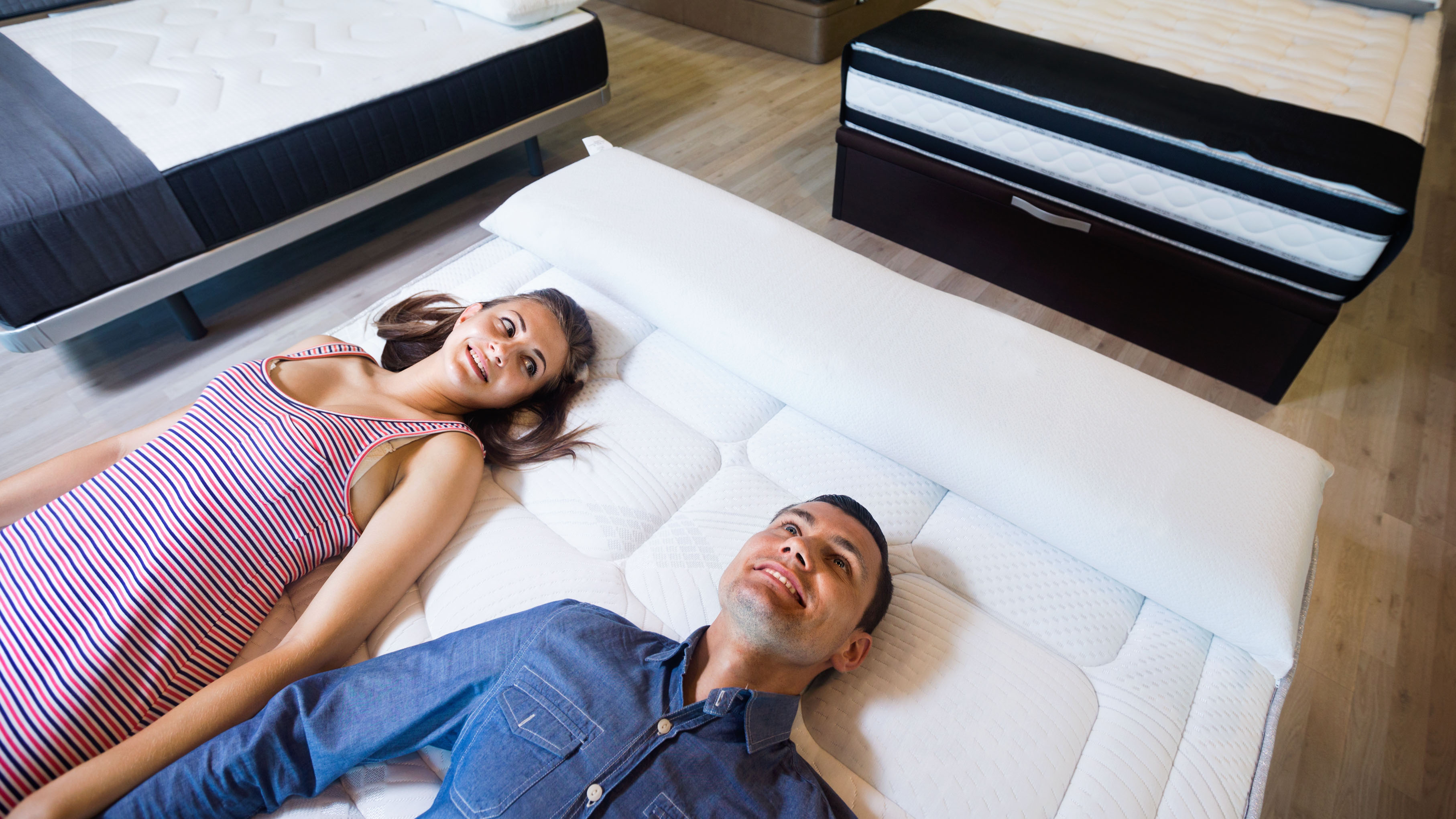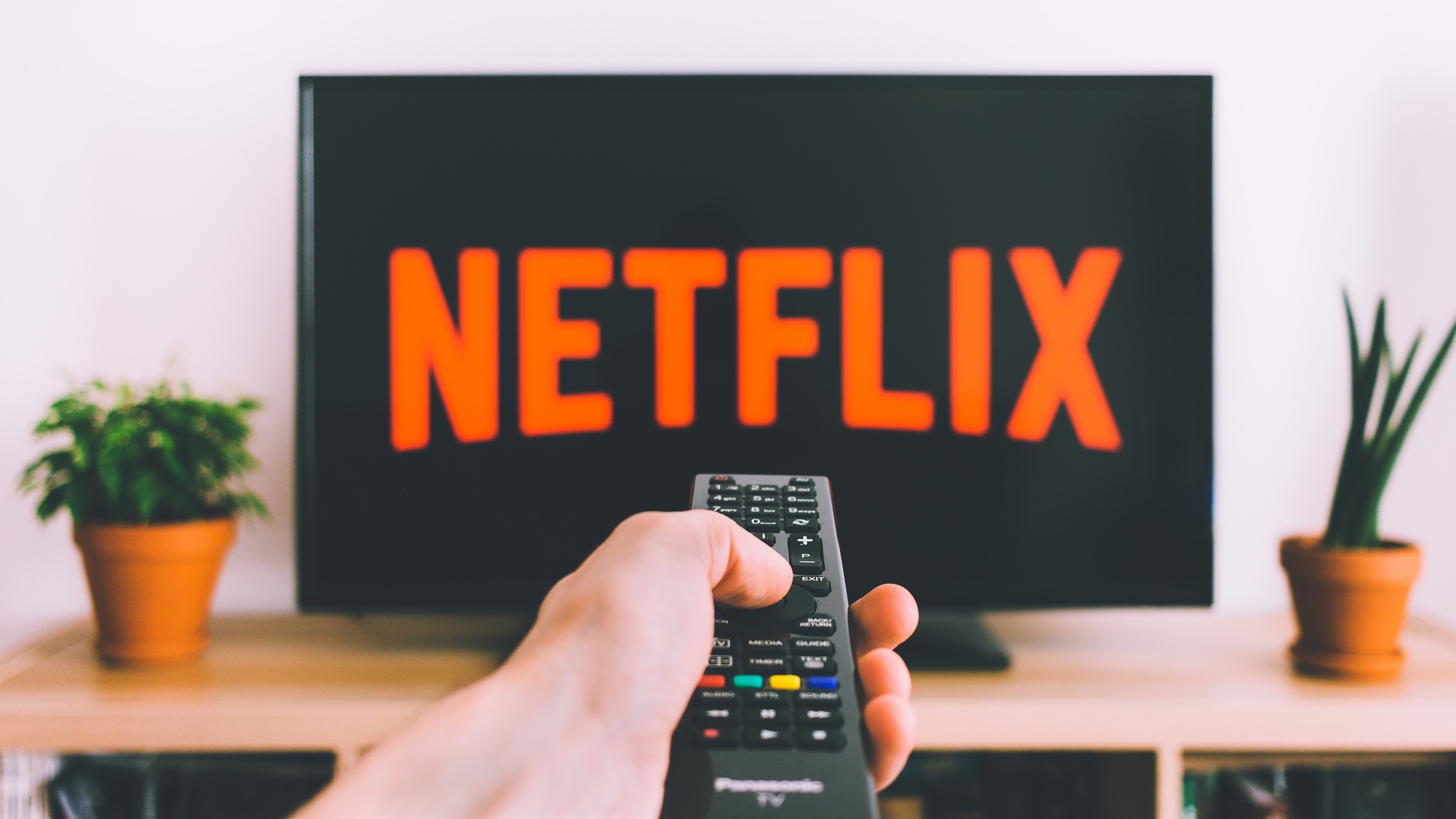Mattresses prices are expected to soar due to tariffs — what to expect and when
How might trade tariffs make your brand-new mattress more expensive? We find out

Here at Tom’s Guide our expert editors are committed to bringing you the best news, reviews and guides to help you stay informed and ahead of the curve!
You are now subscribed
Your newsletter sign-up was successful
Want to add more newsletters?

Daily (Mon-Sun)
Tom's Guide Daily
Sign up to get the latest updates on all of your favorite content! From cutting-edge tech news and the hottest streaming buzz to unbeatable deals on the best products and in-depth reviews, we’ve got you covered.

Weekly on Thursday
Tom's AI Guide
Be AI savvy with your weekly newsletter summing up all the biggest AI news you need to know. Plus, analysis from our AI editor and tips on how to use the latest AI tools!

Weekly on Friday
Tom's iGuide
Unlock the vast world of Apple news straight to your inbox. With coverage on everything from exciting product launches to essential software updates, this is your go-to source for the latest updates on all the best Apple content.

Weekly on Monday
Tom's Streaming Guide
Our weekly newsletter is expertly crafted to immerse you in the world of streaming. Stay updated on the latest releases and our top recommendations across your favorite streaming platforms.
Join the club
Get full access to premium articles, exclusive features and a growing list of member rewards.
If you’re in the market for a new mattress, you might want to keep an eye on more than just firmness and comfort. Rising trade tensions around the globe and President Trump’s new trade tariffs could soon impact the price tag of your next bed.
With a large portion of mattresses and their components imported to the US from overseas, especially from countries like China, Indonesia, Mexico, and India, tariffs can directly influence manufacturing costs and, ultimately, what consumers pay at the checkout.
So, whether you’re planning to buy now or hold off, understanding these changes could help you make a smarter, more cost-effective decision. We’ve taken a closer look at how the industry could be affected.
How will the tariffs impact the mattress industry?
A baseline 10% tariff on nearly all foreign imports to the US came into effect on April 5. But imports from certain countries are facing much higher tariffs once the “90-day pause” ends in July. Mexico, for instance, is facing a 25% tariff, while Indonesia is looking at a 32% tariff and Vietnam could be hit with a steep 46% tariff.
Chinese imports are currently taxed at 30%, temporarily reduced from 145%.
Given that many mattresses sold in the US rely on imported materials like memory foam and steel coils from countries including the ones mentioned above, manufacturing costs are likely to soar, which will have a big impact on the price you pay for your next mattress.
“Tariffs have the potential to impact the entire industry,” Byron Golub, Vice-President of Product and Merchandising at Saatva, told us. "Particularly brands that rely heavily on overseas manufacturing. Even US-based companies aren’t completely immune, since many still source specific components globally.
Get instant access to breaking news, the hottest reviews, great deals and helpful tips.
“Depending on the final structure of the tariffs, the mattress industry can expect to see increased input costs across the board, and for some brands, this could translate to higher retail prices or slower lead times.”
Retailer giant Walmart has already announced that the tariffs are “too high”, and it will raise prices on some items as a result.
“We will do our best to keep our prices as low as possible. But given the magnitude of the tariffs, even at the reduced levels announced this week, we aren’t able to absorb all the pressure given the reality of narrow retail margins,” explained Walmart CEO Doug McMillon in a recent Q1 earnings call.
Meanwhile, a National Retail Federation study estimated that a $2,000 mattress and box spring set would end up costing $2,128-$2,190 thanks to the tariffs.
Which mattresses will be hit hardest?
Overall, it’s likely that cheaper mattress brands that rely on imports of budget materials from China, Vietnam, Indonesia and other countries, will be hit hardest.
Even if a mattress is assembled in the USA, many of the most popular mattress materials used in the assembly process are often imported from abroad. Memory foam often comes from China, Indonesia and Vietnam, while latex tends to be sourced from places like Sri Lanka, Vietnam or Thailand.
By contrast, luxury brands that source materials domestically, such as cotton, latex and American steel, could see less of an impact.
So far, only a few mattress brands and retailers have gone public with price announcements – many of the brands we spoke to said they are continuing to monitor the changing landscape before committing.
In its earnings call in April and March, retailer Sleep Number said around a third of its materials come from Mexico. It added that it's looking for ways to manage the impact of tariffs across the business, including looking at processing costs, and assessing its core pricing.
Meanwhile, bedding manufacturer Downlite (which doesn't make mattresses, but does make mattress pads and toppers), has said that thanks to its “USA-based manufacturing and sourcing strategy”, it will only be hiking prices by 8%, rather than applying a flat 10% price increase.
Saatva, which also handcrafts and assembles its luxury mattresses in American factories with mostly US-sourced materials, says it is “dedicated to minimizing the impact on our customers”.
“While no final pricing decisions have been made," Golub told us, "we’re actively monitoring the landscape and evaluating where modest increases may be necessary, particularly for products using imported wire, hardware, or specialty fabrics.”
John Merwin, CEO at 3Z Brands, also told us: “Brands that invest in domestic manufacturing, like ours, are better positioned to manage costs. Because we create our own components like coils and foam, we're even better positioned to control quality, cost, and supply chain stability.”
When will mattress prices increase?
While some retailers have already adjusted their prices, others are anticipated to follow suit in the coming months as existing inventories deplete, and higher production costs take effect.
“Price increases will vary by brand depending on supply chains and the degree of reliance on imported materials. The 90-day tariff pause has given manufacturers a brief window to plan, but if current proposals go into effect, we may begin seeing price adjustments as early as this summer," Golub explained to us.
It’s quite possible that this could impact prices in the Black Friday mattress sales at the end of November, once the full effect has hit. Discounts could be smaller than normal, or promotions could be focused on domestically produced mattresses less impacted by import tariffs.
How to beat the tariffs and get a good deal
Given that some mattress brands have already indicated that price increases are likely to start from the summer, we expect the deals in the Memorial Day mattress sales to be some of the best prices of the year — so they're worth taking advantage of, if you think you'll need a new mattress in the next six-12 months.
Here are our three key tips for getting a good deal on your next mattress:
- Shop during the sales
The big-name mattress brands run sales all year round, but they usually offer their best discounts during major sale periods, such as Memorial Day, Labor Day and Black Friday, with up to 30% to 50% off. See our best mattress sales roundup for genuinely good deals on top brands. - Opt for American-made brands
Mattresses made in the US with domestically sourced materials are generally less affected by tariffs, meaning fewer price hikes are likely and better value. Take a look at brands like Avocado, WinkBeds, 3Z Brands and Saatva. - Buy before July
The 90-day tariff pause for most countries (China has a separate deal that only started on May 12) is due to end on July 8, which is when mattress prices are likely to start rising. Buying before then could save you a few hundred dollars.
Rachel Wait is a finance expert who has written financial advice articles for some of the world's most trusted money and commerce publications, including The Spectator, Money Supermarket, Money to the Masses, and The Observer. Rachel's expertise is helping people to save money and make the right decisions when it comes to financing projects and products.
You must confirm your public display name before commenting
Please logout and then login again, you will then be prompted to enter your display name.
 Club Benefits
Club Benefits










